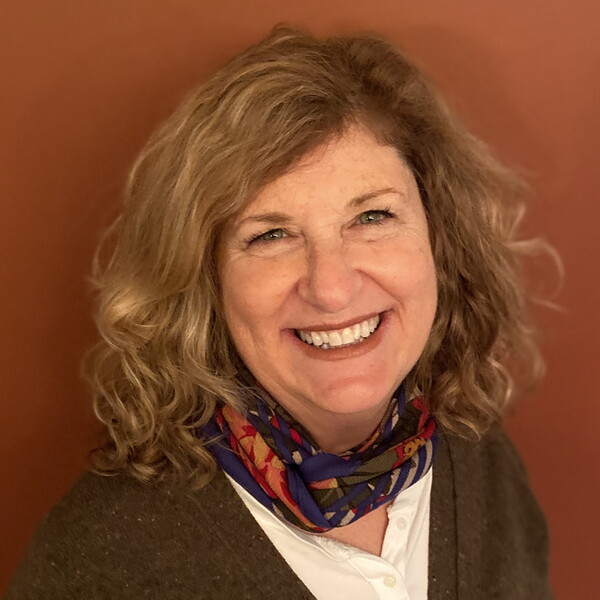Denise Farrell, President at Environmental Attribute Advisors
"I didn’t expect the in-depth aspect of this program, or the real calculations. I thought it was going to be surface-level policy conversations and trends, and more of a continuing education experience, but I’m very happy it’s not. It has exceeded that expectation."
- What has been unexpected during this program?
-
I think the most surprising thing to me is the in-depth aspect of it, and what a deep dive we’re doing specifically in the technology piece. And how useful that information is. Understanding the numbers behind renewable tech and energy data really helps you understand the technological landscape and challenges.
- How has the program built your knowledge and/or skills of clean energy?
-
Well, it has certainly given me a great appreciation for all of the challenges there are between the technology challenges and scientific limitations as well as the policy and political complications. I was in DC last week, coincidentally as our professor, Dan Esty testified before the House Committee on Energy and Commerce, and got a chance to attend the hearing on building a 100 percent clean economy and solutions for deep decarbonization, and seeing how the members questioned him and the other experts on the panel gave me an even deeper appreciation for what a big challenge it is going to be to get these things launched.
- What are the advantages of this program being online?
-
The main advantage is the flexibility; everybody’s workload and family lives are different. By having it online, some people find it easier to work all weekend, some people find it better to work early in the morning and can carve out different hours of the day to do it. The flexibility of the bulk of the work is great.
- Why did you choose this program?
-
I run a small business that focuses on advising municipalities on mostly landfill gas-to-energy projects - selling the RECs and selling the carbon that then finance the landfill gas collection projects, and I wanted to move into different types of energy, not just methane. This was a good transition and a good way to look at funds that were actively investing in these projects and become more engaged with the rest of the industry.
- Who would you recommend this program to?
-
I would recommend this program to anyone with basic financial background through coursework or through employment. I would say that if you’re really interested in going into the environmental field, and you can't commit to an MBA or an MEM, this is a great option. So, anyone who is interested in the renewable energy business, I would recommend this to. But there are also a lot of policy people in the program, I noticed, and I think it is useful for them too.
- Why would you recommend this program?
-
These problems are so complicated that you really need to understand all of these aspects in order to come up with feasible solutions. The technology alone isn’t going to get you anywhere without, most likely, some state and federal financial incentives. And getting these projects launched and getting financing in place is going to take a lot of creativity and you’re going to need to understand how to present these projects for investment to a really unusual group of investors; they’re not going to be the same group of investors investing in traditional technologies.
I look at my landfill gas-to-energy projects as traditional technologies, and those are totally dependent on the values of renewable energy credits, electricity prices, accelerated depreciation, the investment tax credit (initially, not anymore), but compared to the projects we’re learning about, my stuff is simple.
In order to have a foundation in trying to figure out how to do some of these things, knowing the policy, the technology piece in depth, and the different financing techniques and financial players that are out there; I think you need all of that to make a contribution.
- Anything else?
-
I’m impressed, I think the organization is great, I think that everybody is prompt when you ask a question - they get right back to you, and that’s really great.
Want to learn more about the program?
Intrigued? Want to learn more? Find detailed information about the Financing and Deploying Clean Energy certificate program here or reach out to us at cbey.certificate@yale.edu.
